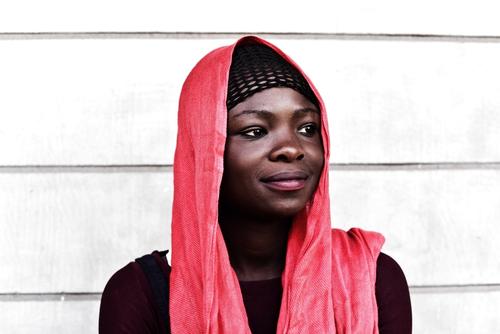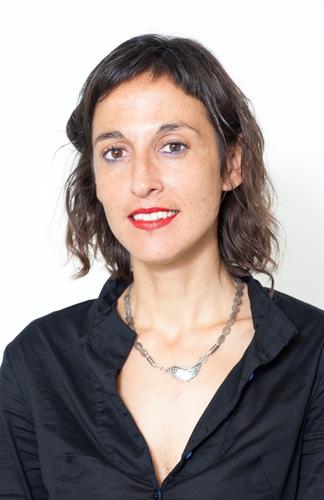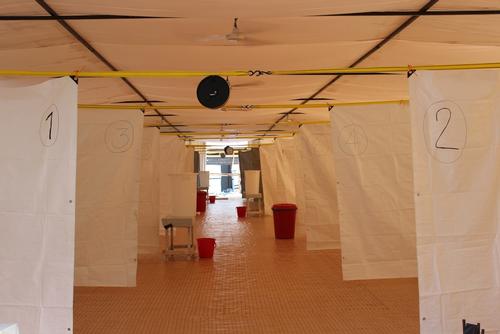Nineteen-year old Laventa lives in Kibera, a slum area in Nairobi, and discusses the importance of family planning with her husband.
“I am 19 years old, married and I live in Kibera. I got pregnant with my second child in June 2014. I am expecting any time now. Before I got married, I was working as a house help. There are many challenges here in Kibera including sexual violence and poverty, leading to an increase in school drop outs and early pregnancies. At times as young women, we see how difficult life is and we opt to get married very young.
At 14, I got pregnant with my first child who is now six years old. After many years, my husband and I wanted another child.
Even before my second pregnancy I had been taught and knew about family planning and how to protect myself from getting pregnant, but my husband is not keen on using any family planning method.
But now after my delivery, I will adopt a family planning method so that I can raise my two kids. I discuss family planning with my husband but he does not like family planning. If he asks me to get pregnant again, I will advise him to wait until our baby is two or three years old. I will tell him it is important to space the children because of the economic impact of having more kids and also because it will allow us to have healthy children. Family planning also allows one enough time to focus on raising a child or children prior to having more.
I have received some useful information since I started visiting the Médecins Sans Frontières clinic. I have learnt how to protect myself, how to raise healthy kids, the importance of hygiene and the need for a balanced diet. We are also taught about family planning and the services here are of good quality and the treatment and delivery are free of charge. Also, I learnt the importance of HIV testing. Now every time I come, I get tested and so far, I am negative. I was counselled and encouraged to bring my husband along for HIV testing – and he was very supportive. We came together but he was scared and I was happy to have come with him for this test.
I think family planning should be an area covered in the Kenyan school curriculum. It will help the young ones protect themselves from early pregnancies and then they can get a good education. However, most girls are reluctant or are not allowed to use family planning methods because of the myth that family planning interferes with one´s ability to ever have a child in the future. Some say family planning is the cause of cancer while some say it brings down sexual libido for men and women.
As we mark International Women´s Day, I would like the girls here in Kibera to be protected against sexual violence and to have more help to continue school or go to technical schools so they can start a business. Most of us here in Kibera are either brought up by a single parent or are orphaned, and due to lack of money for school fees we don’t continue high school after grade eight, hence we are easily taken advantage of.”
Médecins Sans Frontières established programmes in Nairobi’s Kibera slum in 1997. The Kibera Project now provides comprehensive outpatient care for HIV, tuberculosis and non-communicable diseases (e.g. hypertension, diabetes, asthma), mother and child care including family planning and maternity services, nutritional diagnosis and treatment, mental health services, and referrals of emergencies.






